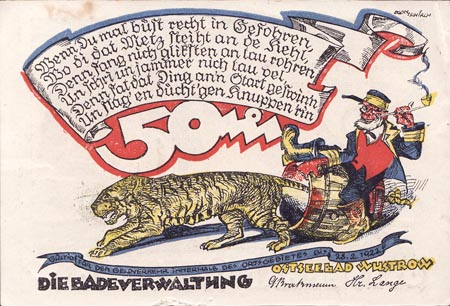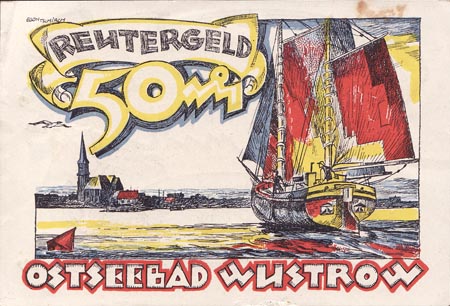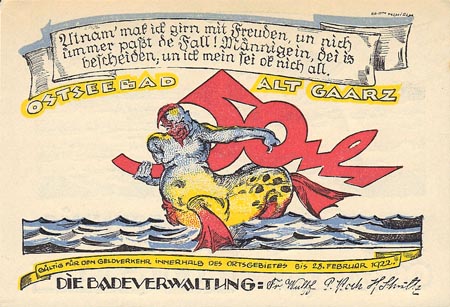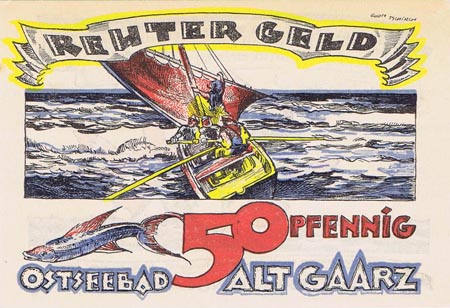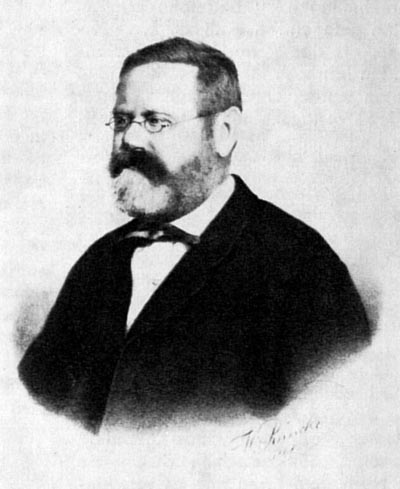Fritz Reuter was born at Stavenhagen in Mecklenburg-Schwerin in 1810. His father ran a farm; he was also Mayor and Sheriff of the town. Fritz was at first tutored privately at the farm and later he was educated at the gymnasium of Friedland in Mecklenburg-Schwerin and Parchin.
In 1831 he attended the University of Jena where he joined the political student's club (German Burschenschaft). In 1833 he was arrested in Berlin by the Prussian Government and condemned to death for high treason. The only charge that could be proved against him was that he had been seen wearing the club colours.
The sentence was commuted to thirty years by King Frederick William III of Prussia. Five years later the Grand Duke of Mecklenburg intervened on his behalf and Fritz was sent to his native state to spend the next two years in the fortress of Domitz. He was released in 1840.
He resumed his studies at University but showed no enthusiasm and his father ordered him home where he worked on the estate. When his father died, he discovered that he had been disinherited.
He became a private tutor and married Luise Kuntze, the daughter of a pastor. He also started to write, first in High German and then more successfully, in Low German. After some success with his poems he decided to dedicate himself to literary pursuits.
His first book of miscellaneous poems was titled Lauschen un Riemels (anecdotes and rhymes, 1853)
He had many publications but a series of stories consisting of six volumes the first entitled Olle Kamellen (old stories of bygone days) all written in the Plattdeutsch dialect of the author's home town were very popular. Ut mine Stromtid the second of the series (three volumes) was considered his best work. The last of these series called Woans ick tau 'ne Fru kamm is a sometimes light hearted sometimes serious tale of how he courted and won his wife.
He became a popular author of novels; in these he described village life as it was and the men and women who lived in the villages of Mecklenburg. He received an honorary doctorate from Rostock University in 1863 and died in Eisenack in 1874.
